Lucerne Festival opens. No vaccinations required
NewsThe Lucerne Festival opens today with many of Europe’s top orchestras and no major cancellations.
Attendance at events is limited to 1,000 in the 1,898-seat concert hall, but no proof of vaccination or recent Covid test is required. ‘An aerosol study has confirmed that displacement ventilation in the KKL concert hall is very good and that it offers the greatest possible safety and protection,’ said festival director Michael Haefliger.
The Lucerne Festival Orchestra with chief conductor Riccardo Chailly are in the driving seat, alongside Yuja Wang as Artiste Étoile and Rebecca Saunders is composer-in-residence. Visitors include Tonhalle Orchestra Zurich with Paavo Järvi, Mozarteum Orchestra Salzburg under Mirga Gražinytė-Tyla, the Berlin Philharmonic with Kirill Petrenko, the Royal Concertgebouworkest, Staatskapelle Berlin, the LSO, the Budapest Festival Orchestra and the Mariinsky.
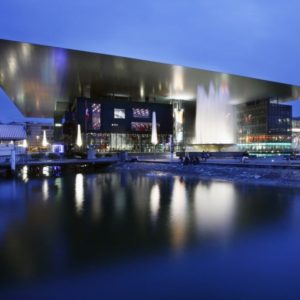

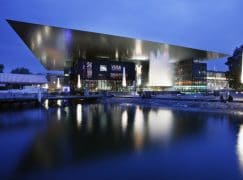
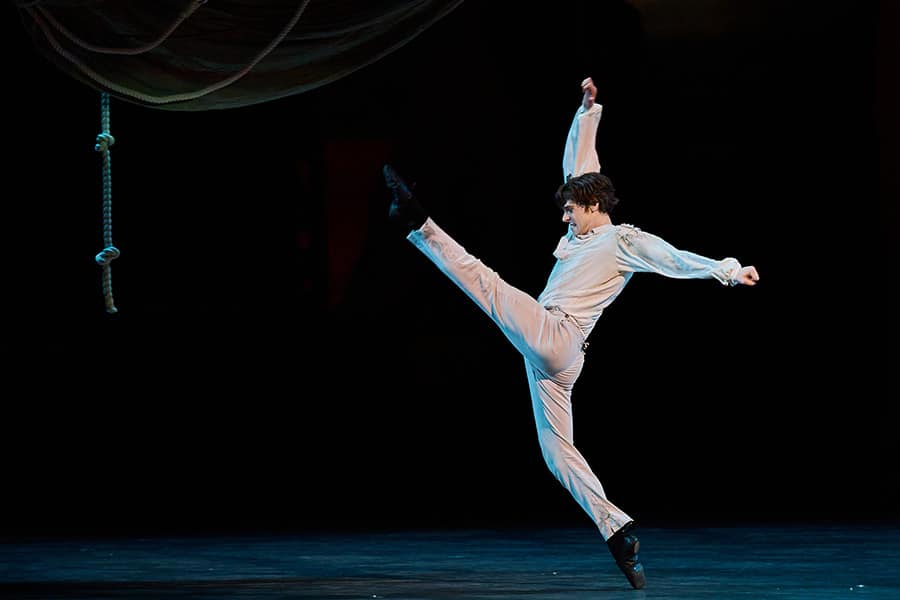

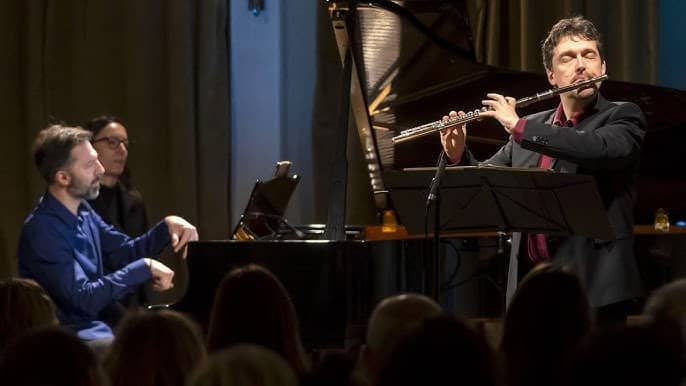
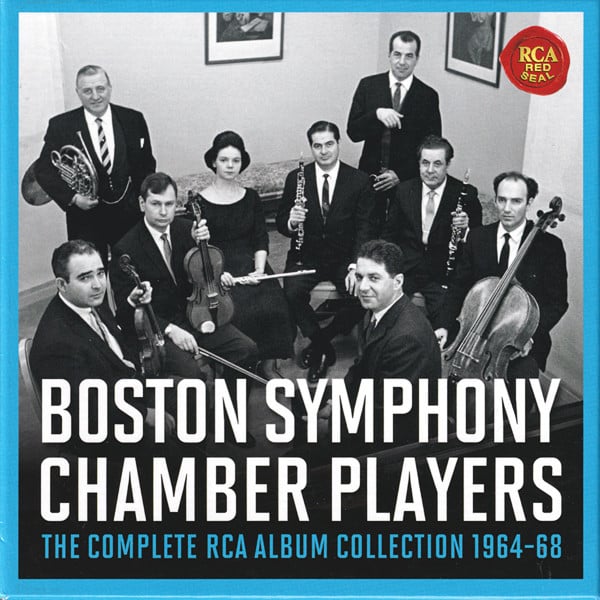
Fingers crossed!
The notice omits one key factor emphasized by the KKL: masks are mandatory.
Throughout.
https://www.lucernefestival.ch/en/safely-attending-the-concert
“Currently, a general mask obligation applies. For the protection of all concert guests, the correct wearing of a mask is obligatory from admission, during the entire concert and until leaving the building. All staff members in the building also wear masks. Please bring your own mask.”
Regarding ventilation:
“The concert hall of the KKL Luzern is equipped with a special ventilation system in which the supply air is fed into the audience area under the seats. This means that the aerosols and other air pollutants emitted by the visitors can be removed more effectively than with purely mixed ventilation. Together with its partners Lucerne Festival and Lucerne Symphony Orchestra, the KKL Lucerne commissioned the Lucerne University of Applied Sciences and Arts to investigate the risk of virus transmission in the concert hall from a ventilation perspective. The study shows that the airflow in the concert hall largely meets expectations and that airborne contaminants are effectively dissipated in the audience area. The results also confirm that the risk of infection can be minimised considerably with consistent protective measures and that safe conditions can be created for visitors in the concert hall. Air disinfection is not currently planned for any of the venues.”